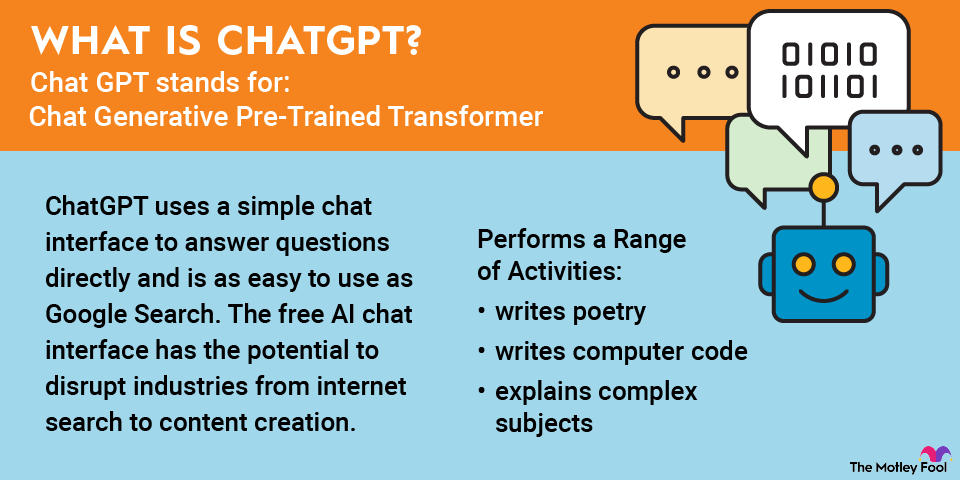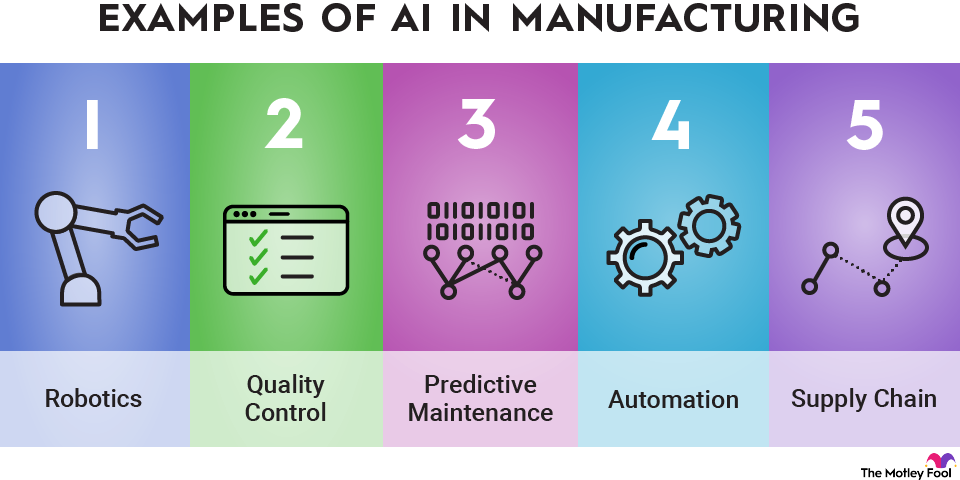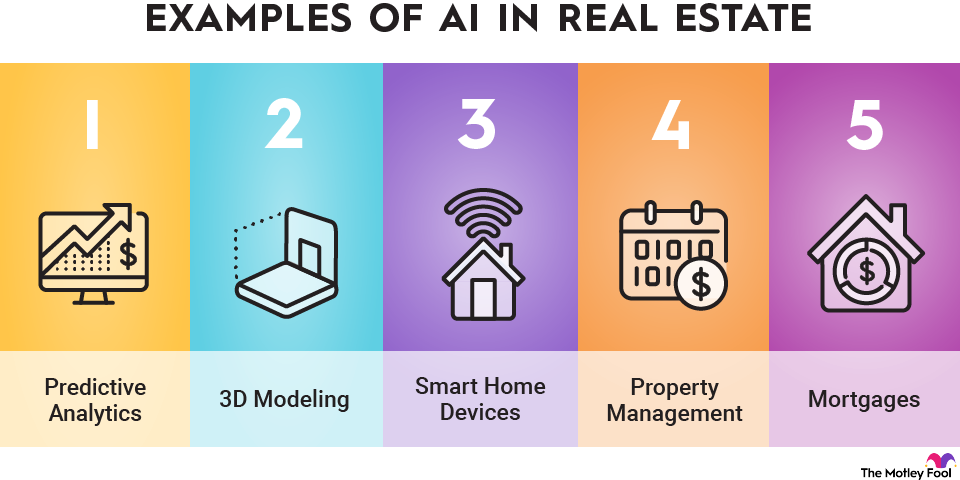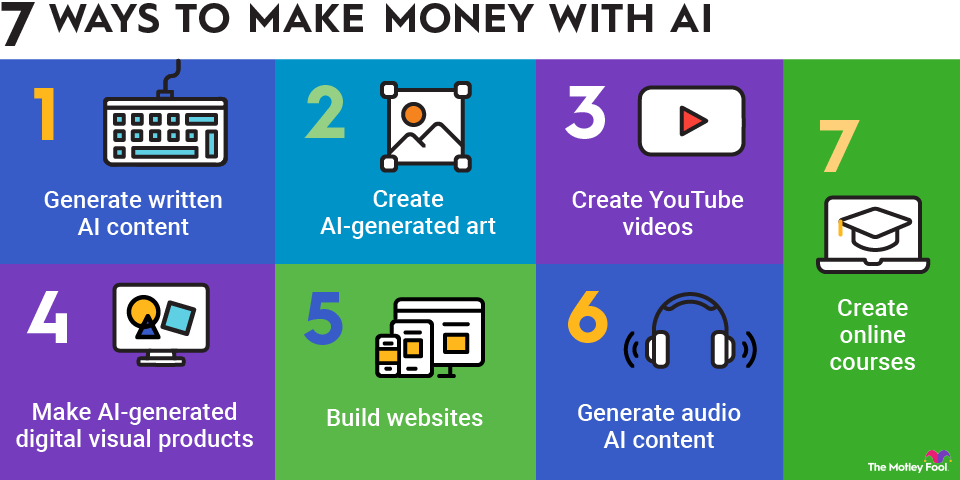Investor interest is surging in all things AI, so it shouldn't come as a surprise that artificial intelligence (AI) start-ups are also popping up on investors' radars. Ever since the launch of ChatGPT, the potential for AI has crystallized across the business world and among investors, and the implications for the new technology are vast.
Among them is a new race among start-ups to challenge ChatGPT and, separately, to come up with the next big thing in generative AI.

Not surprisingly, money from venture capital firms and other investors has poured into AI start-ups, and the industry is booming.
In this discussion on AI start-ups, we'll review some of the hottest privately held companies working on artificial intelligence today, analyze the pros and cons of investing in AI start-ups, and answer some commonly asked questions about AI start-ups.
Artificial Intelligence
Best AI start-ups to watch this year
1. OpenAI
As you might expect, ChatGPT owner OpenAI has received much of the attention in AI start-ups this year, and continues to set the pace in its cohort.
OpenAI has developed other renowned products, including its image-generating AI, DALL-E, and text-to-video AI, Sora. Its success with ChatGPT and its high-profile partnership with Microsoft (MSFT +1.55%) makes it the premier AI start-up these days.
AutoGPT
In March of 2025, Open AI raised $40 billion at a valuation of $300 billion, making it the largest private tech funding round on record.
The round was led by SoftBank (SFTBF +10.66%), the prolific tech investor, which invested $30 billion; Microsoft and venture capital firms made up the remaining $10 billion. The Stargate Project, a joint venture between Softbank, OpenAI, and Oracle that was announced at the White House in January, is expected to receive $18 billion. Stargate aims to invest as much as $500 billion in AI infrastructure in the U.S.
Key facts:
- Founded in 2015
- Headquartered in San Francisco
- Industries served: Technology, education, retail, manufacturing, healthcare, and others.
- Services provided: Foundation models including GPT and DALL, chatbots, enterprise services, and an API platform.
2. Anthropic
Anthropic is rapidly emerging as the chief start-up rival to OpenAI.
Founded in 2021 by former OpenAI researchers, Anthropic counts Google and Amazon (AMZN +1.29%) as major investors. The Alphabet (GOOG +3.60%) (GOOGL +3.62%) subsidiary took a 10% stake in 2023, and Amazon has invested $8 billion in Anthropic. After its most recent funding round in March, it's valued at $61.5 billion, rising $3.5 billion at the time. Anthropic also counts Salesforce (CRM +0.25%) and Zoom (ZM +1.15%) as investors.
Anthropic is best known for its generative AI chatbot, Claude, which it launched in March 2023. Some users think Claude is friendlier than ChatGPT, though they say that ChatGPT is better for analyzing and summarizing documents. It's also said to be more versatile than Claude.
According to some reviews, Claude gets better results with things like creative tasks, following instructions, and answering trivia questions.
Anthropic describes Claude as being "much less likely to produce harmful outputs, easier to converse with, and more steerable" than other AI chatbots. In other words, Claude seems designed to avoid some of the problems that have plagued ChatGPT and Google's AI chatbots.
Key facts:
- Founded in 2021
- Headquartered in San Francisco
- Industries served: Technology, healthcare, customer support, finance, and others
- Services provided: Claude AI models, focus on AI safety, enterprise services, cloud partnerships.
6. Scale AI
Scale AI is different from other companies on this list because it doesn't make a chatbot or a generative AI interface. Instead, the company helps prepare data for AI training, a process called data labeling.
Scale AI's technology is impressive enough that Meta Platforms just spent $14.3 billion on a 49% stake in the company, hoping it will accelerate its ambitions in AI. As part of the deal, Scale's 28-year-old CEO Alexandr Wang will join Meta, and will reportedly lead a research lab at the tech giant. Given that Meta didn't take a majority stake, Wang's agreement to leave is a bit odd, but the relationship could favor Scale in the long run.
Key facts:
- Founded in 2016
- Headquartered in San Francisco
- Industries served: Autonomous vehicles, healthcare, e-commerce, generative AI, robotics, and others
- Services provided: Data annotation/labeling, model training, human-in-the-loop labeling, and tools for building custom LLMs.
7. Databricks
Databricks is also unlike most of the AI start-ups on this list. It's older than the ones focused generative AI as it was founded in 2013, and its focus is primarily on data analytics. Its AI platform offers machine learning and generative AI applications to help its customers deploy AI models.
As of December 2024, the company was valued at $62 billion after raising $10 billion. Databricks has been one of the more anticipated IPOs for a while, but the company has not given any indication of when it will go public.
Key facts:
- Founded in 2013
- Headquartered in San Francisco
- Industries served: Financial services, healthcare, retail, media, and others.
- Services provided: Data lakehouse, machine learning platform, analytics platform.
Related investing topics
Should you invest in AI start-ups?
Start-ups, by definition, are privately held, which means it's difficult for retail investors to invest in them.
However, there are ways to get exposure to AI start-ups. The easiest way is by investing in a publicly traded company that has a stake in an AI start-up. For instance, you could buy shares of Microsoft, which would give you indirect ownership of OpenAI. Similarly, you could buy stock in Alphabet to get exposure to Anthropic.
Investors should remember that start-ups tend to be riskier than publicly traded companies, and many start-ups won't succeed. However, if you find an AI start-up that looks promising, it's worth investigating if any publicly traded companies have a stake in it.
Investors looking for opportunities in artificial intelligence can also consider investing in AI stocks or AI ETFs.














